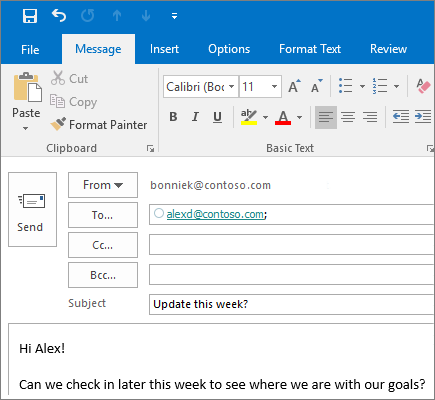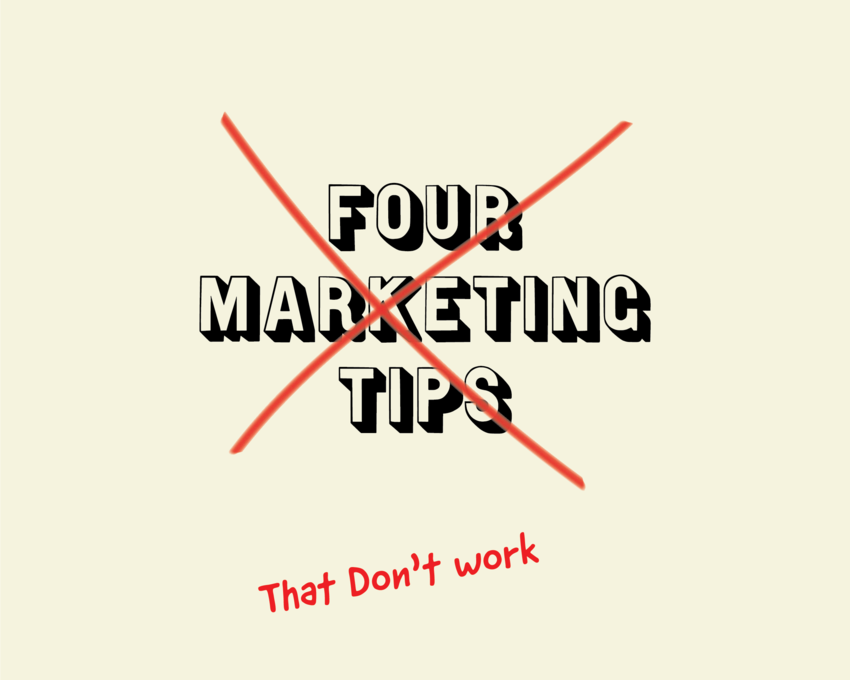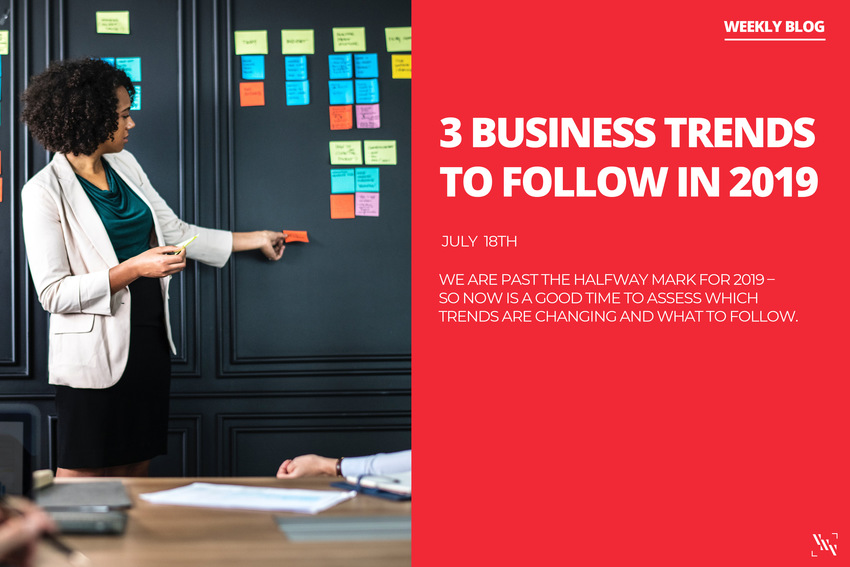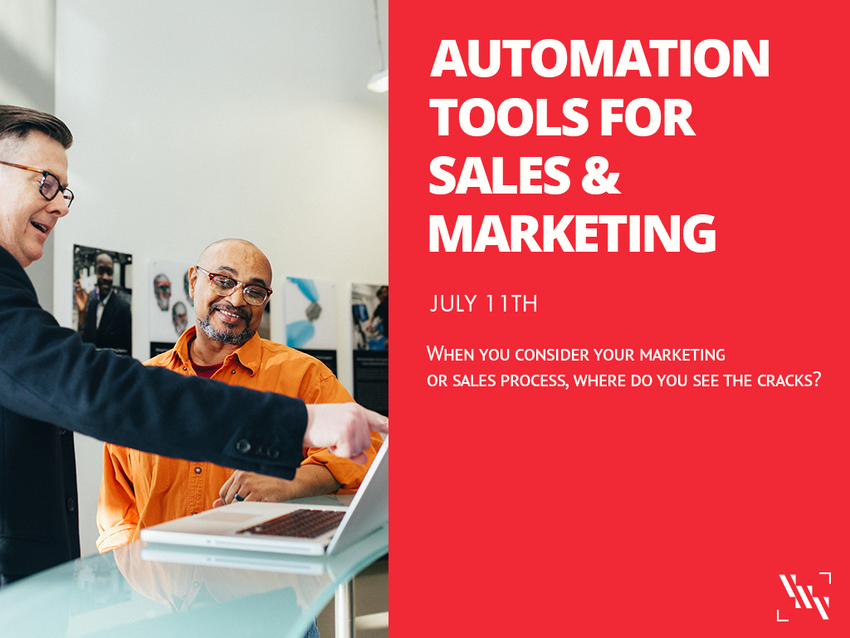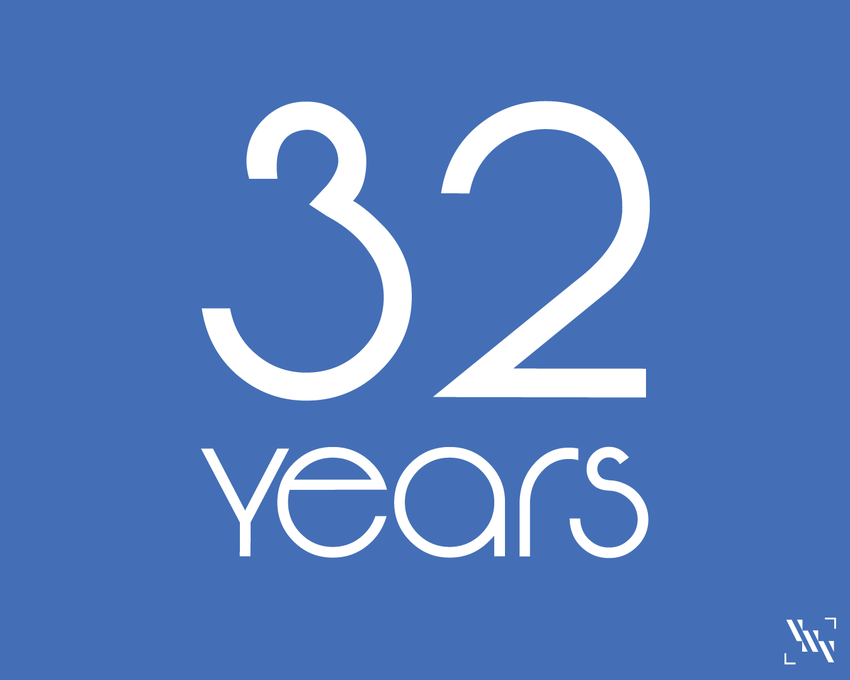What is Geomarketing?
Aug
6
Defining what “geo” means as it pertains to technology can help you understand the opportunities and limitations of geomarketing, so let’s dig deeper.
The word “geo” means “relating to the earth,” and when it comes to technology, “geo” means any form of location intelligence. For example, when your cell phone tracks your location to the point it knows what store you’re at, what map location you’re looking for, or it can reference the location tags in your social media posts.
The opposite end of geotargeting is geofencing, which acts as a boundary of sorts and limits the geographical area in which you can advertise. Companies that use geotargeting tools can really pinpoint the potential customers in their target area, helping them advertise more efficiently and effectively.
We will cover some examples in the following articles so you can take advantage of today’s geomarketing technology to better advertise your business online.




